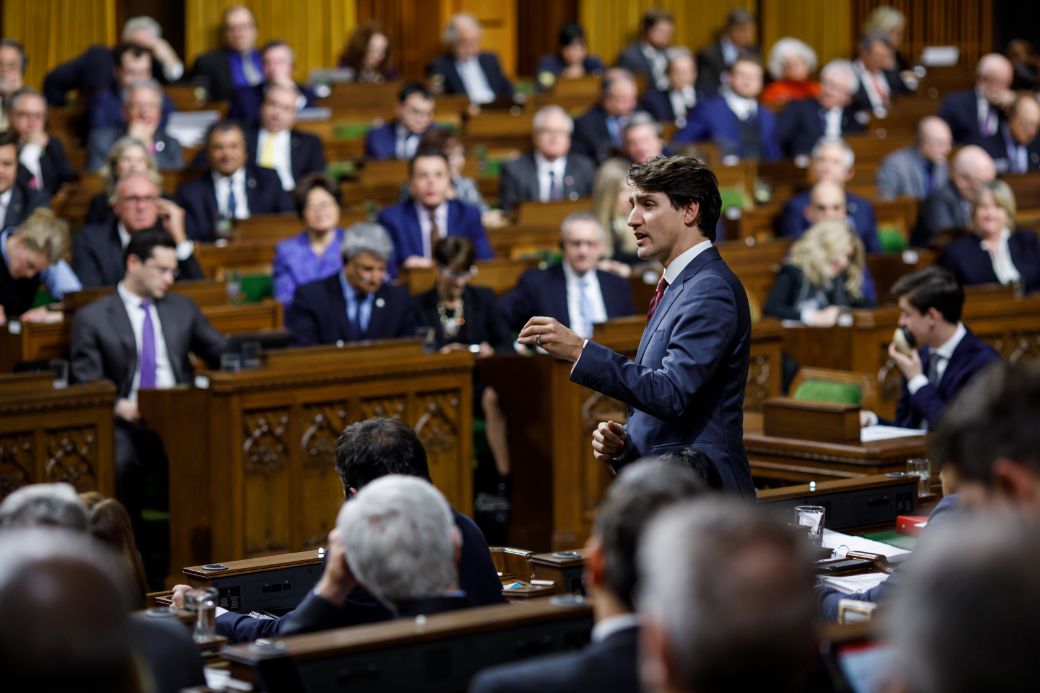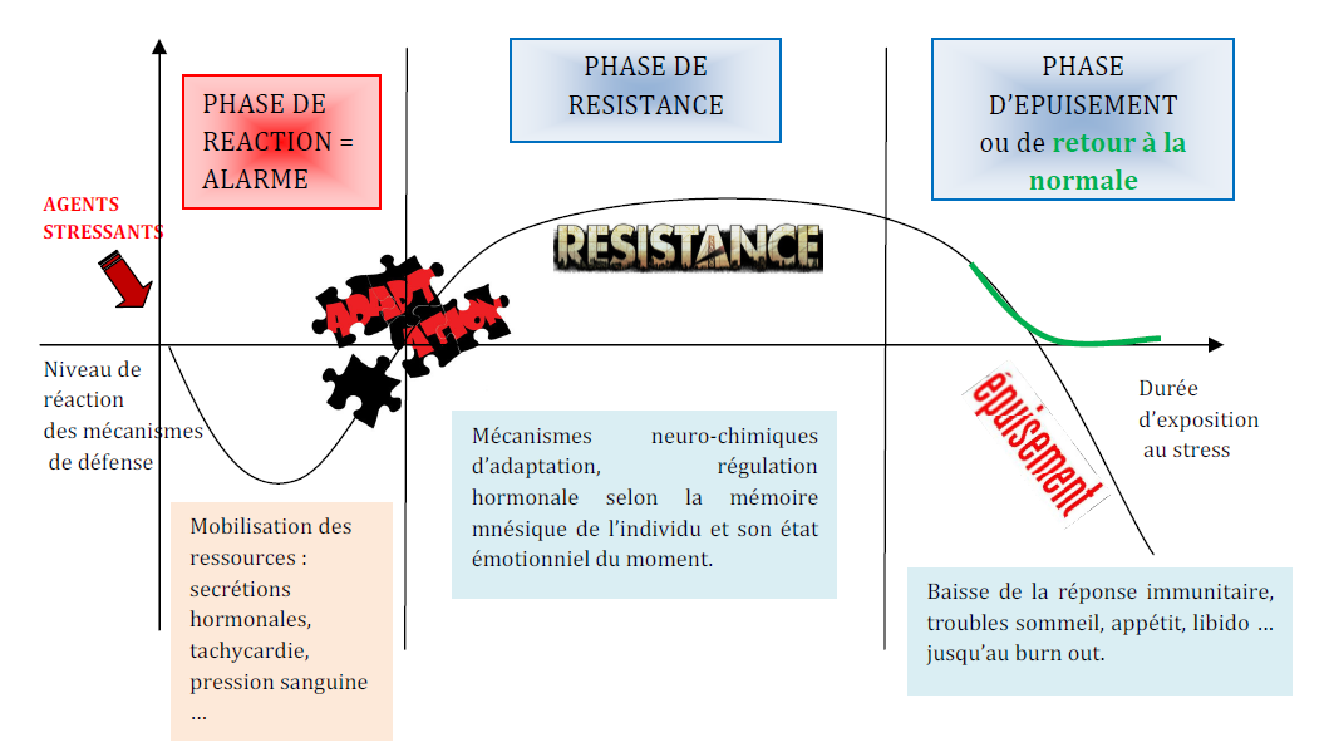The Canadian Dollar And The Political Landscape: A Minority Government Scenario

Table of Contents
H2: Minority Governments and Economic Policy Uncertainty
Minority governments, by their nature, are inherently unstable. Unlike majority governments, they lack a secure parliamentary majority and rely on the support of other parties to pass legislation. This precarious position leads to several challenges that directly impact economic policy predictability and, consequently, the Canadian dollar.
- Frequent Elections or Potential Collapses: The fragility of a minority government increases the likelihood of snap elections or the government collapsing altogether. This uncertainty creates a volatile environment for businesses and investors.
- Difficulty Passing Significant Legislation: Passing significant legislation, especially budgetary measures, can be extremely difficult. This gridlock can hinder economic progress and delay crucial policy decisions.
- Increased Political Gridlock and Slower Decision-Making: The need for constant negotiation and compromise leads to slower decision-making processes, delaying crucial economic interventions.
- Potential for Shifting Economic Priorities and Policy Reversals: The reliance on coalition partners can lead to shifts in economic priorities and even reversals of previously adopted policies, creating instability for long-term planning.
- Increased Risk Aversion Among Investors Impacting the Canadian Dollar: This political instability increases risk aversion among investors, potentially leading to capital flight and downward pressure on the Canadian dollar's exchange rate.
H2: Impact on Investor Confidence and the Canadian Dollar
Political uncertainty significantly impacts investor sentiment and foreign investment. When the political landscape is unstable, investors become hesitant to commit capital, fearing unexpected policy changes or economic instability.
- Reduced Foreign Direct Investment (FDI): The risk associated with political uncertainty discourages foreign direct investment, limiting capital inflows and hindering economic growth.
- Volatility in the Canadian Dollar Exchange Rate (CAD): The Canadian dollar becomes more volatile, fluctuating significantly in response to political news and events. This volatility makes it difficult for businesses to plan for the future.
- Potential Capital Flight from Canada: Investors might move their capital to more politically stable countries, leading to a decline in the Canadian dollar and potential capital shortages.
- Impact on Canadian Exports and Imports: A weaker Canadian dollar can boost exports but can also make imports more expensive, affecting businesses and consumers.
- The Role of Credit Rating Agencies and Their Assessments of Political Risk: Credit rating agencies closely monitor the political climate and assess political risk. A negative assessment can further impact investor confidence and the Canadian dollar.
H3: Specific Policy Areas Affecting the CAD
Minority governments' influence extends to several key policy areas directly impacting the Canadian dollar:
- Fiscal Policy (Budget Deficits, Government Spending): Disagreements on budgetary matters can delay or alter fiscal policy, impacting government spending and potentially the budget deficit.
- Monetary Policy (Interest Rate Decisions by the Bank of Canada): While the Bank of Canada operates independently, the overall political climate can influence its decisions indirectly.
- Trade Policy (Negotiating Trade Agreements, Tariffs): Reaching agreements on trade policy can be challenging in a minority government setting, affecting the country’s trade relationships.
- Regulatory Policy (Environmental Regulations, Industry-Specific Rules): Regulatory policy can be unpredictable, creating uncertainty for businesses and potentially impacting investment decisions.
- Taxation Policy (Corporate Tax Rates, Personal Income Tax): Changes to tax policies can affect both businesses and individuals, potentially influencing investment and consumer spending.
H2: Historical Examples of Minority Governments and their Effect on the CAD
Analyzing past instances of minority governments in Canada reveals valuable insights into their impact on the Canadian dollar. While drawing direct causation is complex due to numerous influencing factors, historical data shows correlations between periods of minority government and increased currency volatility. For example, specific instances of policy disagreements leading to delayed budgets or stalled trade negotiations might be examined for their effect on investor confidence and the CAD's performance. A comparative study of economic performance during minority and majority governments would provide a richer understanding.
H2: Strategies for Navigating Economic Uncertainty Under a Minority Government
Navigating economic uncertainty under a minority government requires proactive strategies:
- Diversification of Investments: Diversifying investments across different asset classes and geographies helps mitigate the risk associated with CAD volatility.
- Hedging Strategies Against Currency Fluctuations: Businesses can employ hedging strategies, such as forward contracts or options, to protect themselves against currency fluctuations.
- Monitoring Economic Indicators and Political Developments Closely: Staying informed about economic indicators and political developments helps anticipate potential changes and adjust strategies accordingly.
- Adapting Business Strategies to Account for Potential Policy Changes: Businesses need to build flexibility into their business plans to adapt to potential changes in government policies.
- Seeking Professional Financial Advice: Consulting with financial advisors can provide personalized guidance on managing risk and navigating the complexities of the Canadian dollar under a minority government.
3. Conclusion:
A minority government in Canada presents unique challenges for the Canadian dollar due to increased political uncertainty and the potential for unpredictable economic policy shifts. This uncertainty can lead to investor apprehension, currency volatility, and challenges for businesses operating in Canada. Understanding these dynamics is crucial for navigating the Canadian economy effectively. To stay informed about how the political landscape may influence your financial decisions, continue monitoring the performance of the Canadian Dollar and the evolving situation within the Minority Government context. Regularly analyze economic indicators and news related to the Canadian Economy and political uncertainty to make sound financial plans and manage any risks effectively associated with currency volatility.

Featured Posts
-
 Northumberland Man Sets Sail A Homemade Boats Global Journey
May 01, 2025
Northumberland Man Sets Sail A Homemade Boats Global Journey
May 01, 2025 -
 Arc Raiders Second Public Test Date Announced
May 01, 2025
Arc Raiders Second Public Test Date Announced
May 01, 2025 -
 Six Nations 2025 Can Scotland Maintain Momentum Or Is This Their Ceiling
May 01, 2025
Six Nations 2025 Can Scotland Maintain Momentum Or Is This Their Ceiling
May 01, 2025 -
 A Pregnancy Cravings Impact How One Chocolate Bar Became A Global Inflation Driver
May 01, 2025
A Pregnancy Cravings Impact How One Chocolate Bar Became A Global Inflation Driver
May 01, 2025 -
 8000 Km A Velo Le Defi Sportif Et Sans Stress De Trois Jeunes Ornais
May 01, 2025
8000 Km A Velo Le Defi Sportif Et Sans Stress De Trois Jeunes Ornais
May 01, 2025
